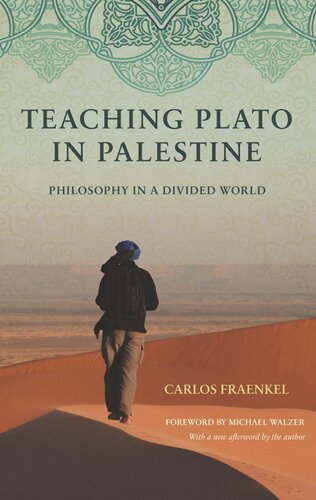

Most ebook files are in PDF format, so you can easily read them using various software such as Foxit Reader or directly on the Google Chrome browser.
Some ebook files are released by publishers in other formats such as .awz, .mobi, .epub, .fb2, etc. You may need to install specific software to read these formats on mobile/PC, such as Calibre.
Please read the tutorial at this link: https://ebookbell.com/faq
We offer FREE conversion to the popular formats you request; however, this may take some time. Therefore, right after payment, please email us, and we will try to provide the service as quickly as possible.
For some exceptional file formats or broken links (if any), please refrain from opening any disputes. Instead, email us first, and we will try to assist within a maximum of 6 hours.
EbookBell Team

5.0
60 reviewsWinner of the 2015 Mavis Gallant Prize for Non-Fiction, Quebec Writers’ Federation
One of The Australian’s Books of the Year 2015 (selected by Aminatta Forna)
Longlisted for the 2016 Sheikh Zayed Book Award in Arabic Culture in Other Languages
°°°
A global journey showing how philosophy can transform our biggest disagreements
Teaching Plato in Palestine is part intellectual travelogue, part plea for integrating philosophy into our personal & public life.
Philosophical toolkit in tow, Carlos Fraenkel invites readers on a tour around the world as he meets students at Palestinian & Indonesian universities, lapsed Hasidic Jews in New York, teenagers from poor neighborhoods in Brazil, & the descendants of Iroquois warriors in Canada. They turn to Plato & Aristotle, al-Ghaz?l? & Maimonides, Spinoza & Nietzsche for help to tackle big questions: Does God exist? Is piety worth it? Can violence be justified? What is social justice & how can we get there? Who should rule? And how shall we deal with the legacy of colonialism?
Fraenkel shows how useful the tools of philosophy can be—particularly in places fraught with conflict—to clarify such questions & explore answers to them. In the course of the discussions, different viewpoints often clash. That's a good thing, Fraenkel argues, as long as we turn our disagreements on moral, religious, & philosophical issues into what he calls a "culture of debate."
Conceived as a joint search for the truth, a culture of debate gives us a chance to examine the beliefs & values we were brought up with & often take for granted. It won’t lead to easy answers, Fraenkel admits, but debate, if philosophically nuanced, is more attractive than either forcing our views on others or becoming mired in multicultural complacency—and behaving as if differences didn’t matter at all.
°°°